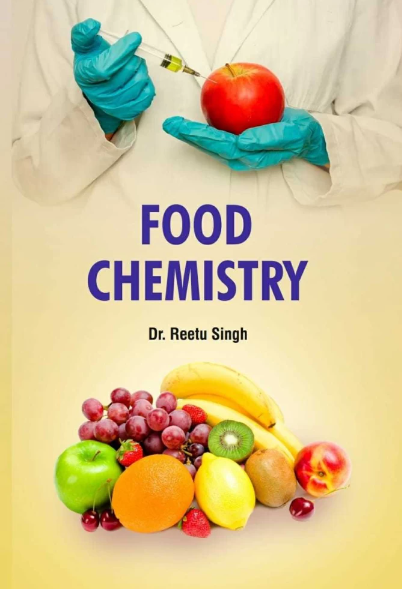Metabolomics-based mechanistic insights into antioxidant enhancement in mango juice fermented by various lactic acid bacteria
IF 8.5
1区 农林科学
Q1 CHEMISTRY, APPLIED
引用次数: 0
Abstract
Lactic acid bacteria (LAB) fermentation can modify the antioxidant capacity of food. This study investigates the impact and mechanisms of various LAB strains (Lactobacillus plantarum NCU116, Lactobacillus acidophilus NCU402, and Lactobacillus casei NCU215) fermentation on the antioxidant properties of mango juice. LAB strains inoculation enhanced the antioxidant activity of mango juice, with metabolomics showing increased in polyphenols and decreased in vitamins and carotenoids, indicating polyphenols as the main contributors. Quantification of polyphenols (free and bound forms) revealed that fermentation decreased bound gallic acid levels while increasing free pyrogallol and 1,2,3,4,6-O-pentagalloylglucose, which mainly contributed to the rise in antioxidant capacity in mango juice. L. acidophilus NCU402 had the highest increase in 1,2,3,4,6-O-pentagalloylglucose (from 918.07 to 1750 μg/10 g), whereas L. casei NCU215 facilitated the greatest release of bound gallic acid (49.29 to 11.77 μg/10 g). Bound polyphenol release may be linked to pectin degradation, with lower galacturonic acid and increased pectinase activity.基于代谢组学的各种乳酸菌发酵芒果汁提高抗氧化能力的机理研究
乳酸菌(LAB)发酵可改变食品的抗氧化能力。本研究探讨了各种 LAB 菌株(植物乳杆菌 NCU116、嗜酸乳杆菌 NCU402 和干酪乳杆菌 NCU215)发酵对芒果汁抗氧化特性的影响和机制。接种嗜酸乳杆菌菌株后,芒果汁的抗氧化活性增强,代谢组学显示多酚增加,维生素和类胡萝卜素减少,表明多酚是主要的贡献者。多酚(游离型和结合型)的定量分析显示,发酵降低了结合型没食子酸的水平,同时增加了游离型焦没食子醇和 1,2,3,4,6-O-pentagalloylglucose 的水平,这两种物质是芒果汁抗氧化能力提高的主要原因。嗜酸乳杆菌 NCU402 对 1,2,3,4,6-O-pentagalloylglucose 的影响最大(从 918.07 微克/10 克增加到 1750 微克/10 克),而干酪乳杆菌 NCU215 则促进了结合没食子酸的最大释放(从 49.29 微克/10 克增加到 11.77 微克/10 克)。结合多酚的释放可能与果胶降解有关,半乳糖醛酸降低,果胶酶活性增加。
本文章由计算机程序翻译,如有差异,请以英文原文为准。
求助全文
约1分钟内获得全文
求助全文
来源期刊

Food Chemistry
工程技术-食品科技
CiteScore
16.30
自引率
10.20%
发文量
3130
审稿时长
122 days
期刊介绍:
Food Chemistry publishes original research papers dealing with the advancement of the chemistry and biochemistry of foods or the analytical methods/ approach used. All papers should focus on the novelty of the research carried out.
 求助内容:
求助内容: 应助结果提醒方式:
应助结果提醒方式:


